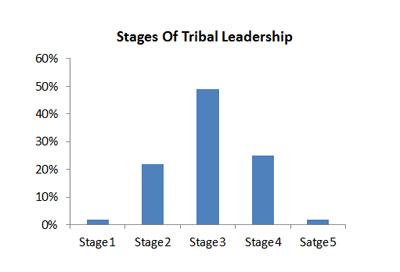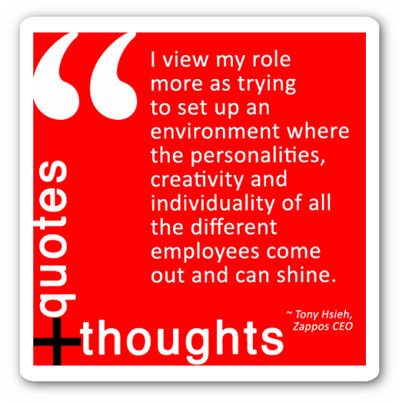Jason Fried describes usage of small yet powerful products built by 37Signals in Fortune 500 companies.

He explains how 37Signals with it's stack is starting to sneak in on the fortune 500 organizations:
We’ve always been about the Fortune 5,000,000 – the small businesses of the world. The mom and pops, the freelancers, the small shops, and the small businesses with fewer than 10 people are our bread and butter.
However, recently we’ve been seeing more emails and signups from people who work at bigger companies and organizations. Lots of governmental agencies are showing up on our customer radar, too.
So about a week ago we dug into the data and discovered some interesting stats:
Basecamp is being used at…
- 35 of the Fortune 50
- 68 of the Fortune 100
- 321 of the Fortune 500
Highrise is being used at…
- 23 of the Fortune 50
- 41 of the Fortune 100
- 127 of the Fortune 500
Remember, we don’t have any salespeople here, so just about all of these signups are self-service/self-discovery or through word of mouth referrals.
We often hear from folks inside these companies. They’re beyond frustrated with the software/solutions they’re supposed to use. So they turn to our products because they just plain work. Sometimes they expense them, but often it seems a team or department head just pays out of their own pocket. The cost is insignificant compared to the productivity they receive in return.
We salute these insurgents!
While from a 37Signals perspective, the data seems to suggest that they're sneaking into the Fortune 500's, my interpretation of this data is that the fortune 500's are sneaking in on organizations like 37Signals and their products in an attempt to find out more about being effective with less. With companies running out of cash, VC's being super careful about funding, organizations trying to reduce cost and products or projects running out of free money, spending millions of dollars on projects and products is going to continue to get really difficult even for the biggest players out there. If the software industry was a party this far, with the changes in economy, the party is coming to an end. You can see that as a bad thing or a good thing.
Bad because it is going to get increasingly difficult to sell products worth millions. Sales cycles are going to get that much more complex and the fortune 500s are going to be that much more paranoid about spending millions and millions of dollars on your offering.
Good because the tools of guerilla entrepreneurship are out there for anyone who cares to use them. Use them wisely to serve the fortune five million. When these fortune five million flock to you, so will the fortune five hundred.
The take away is simple, build with passion and ethics. Build to serve and add value. Don't worry about the fortune 500 and focus on your craft because if you do it well, they might eventually sneak up on you.







Comments are closed.